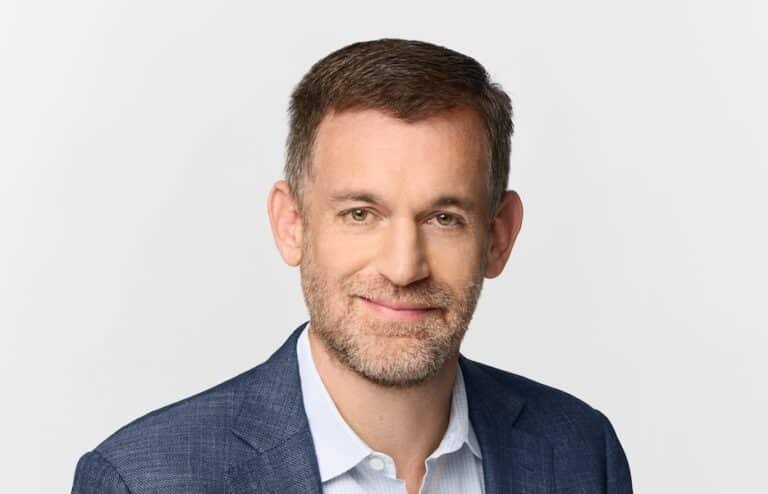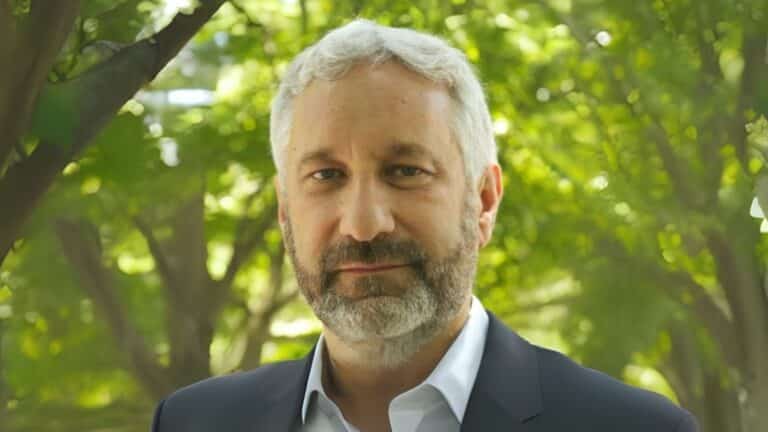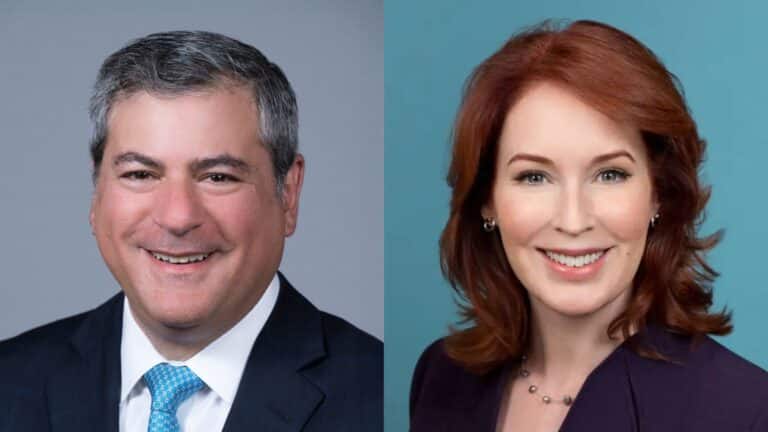A New Unifying Issue: Just About Everyone Hates Data Centers
Recent election results and evidence from states show misgivings about the growth of AI and the ramifications for energy costs and the environment.
Current Access Level “I” – ID Only: CUID holders, alumni, and approved guests only
On January 21st, Thomas E. Donilon, former National Security Advisor and a member of the Center on Global Energy Policy’s Advisory Board, delivered remarks about recent issues in energy geopolitics and national security, including the recent collapse in oil prices.
His speech keynoted an event to present a new report, Navigating the U.S. Oil Export Debate, a collaboration between the Center on Global Energy Policy and the Rhodium Group. After his remarks, Mr. Donilon engaged in a moderated discussion with Center Founding Director Jason Bordoff about current issues in energy geopolitics, including the US oil export debate.
The event also included a presentation of the new report, coauthored by Jason Bordoff and Rhodium Group Partner Trevor Houser. The report reviews the origin and current form of US crude export restrictions and analyzes the energy market, economic, security, geopolitical, trade and environmental implications of modifying or lifting those restrictions.
Following the report presentation and Mr. Donilon’s remarks, Jonathan Leff, Global Commodities Editor at Reuters, moderated a discussion about US oil exports with: Jason Bordoff, Founding Director, Center on Global Energy Policy; Colin Fenton, Fellow, Center on Global Energy Policy and former Global Head of Commodities Research at J.P. Morgan; Trevor Houser, Partner, Rhodium Group; Ken Medlock, Fellow in Energy and Resource Economics and senior director of the Center for Energy Studies, Baker Institute for Public Policy, Rice University; Adrian Lajous, Fellow, Center on Global Energy Policy and former CEO of Pemex; and Amb. Carlos Pascual, Fellow, Center on Global Energy Policy and former Special Envoy and Coordinator for International Energy affairs, US Department of State.
Part 1 of the episode will feature the study presentation and keynote remarks. Part 2 will feature the moderated discussion.
Elected officials face huge challenges when it comes to energy policymaking. They have very little time to learn complicated, nuanced issues. They're bombarded by information — some of...

The ten years since the Paris Agreement was signed at the UN Climate Change Conference, COP 21, have been the ten hottest years on record. And the outcome...

Last week, President Trump announced that he was imposing significant new sanctions on Russia. It’s an effort to cut off revenue Russia needs for its war in Ukraine....

Energy has long been used as a weapon. The United Kingdom blocked oil exports to Germany during World War I. Hitler’s fall was due in part to losing...

The energy transition is not inevitable—but neither is business as usual.

As diplomats meet in Brazil for COP30, global resolve to tackle the climate challenge appears badly frayed.

Most African countries today are faced with a dual challenge: how to industrialize and expand electricity access at the same time.

The fashion industry sits at the intersection of climate, energy, and consumption, facing growing pressure to cut emissions, transition to clean energy, and build circular systems across global supply chains.
